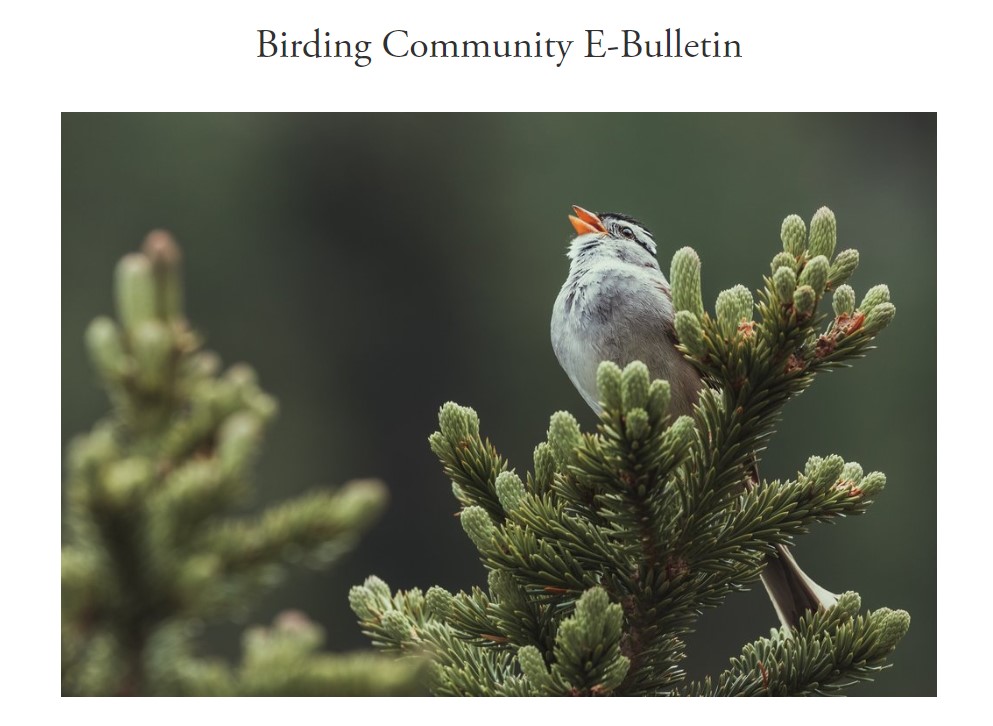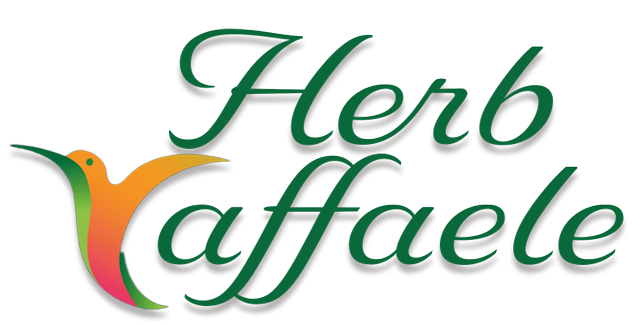
On January 23, 2023, the Birding Community E-Bulletin published a review of Herb’s book, ‘Revoyage of the Mayflower.’
BOOK NEWS: IT’S ABOUT VALUES
Herb Raffaele may be known to regular readers of this E-bulletin as author of A Guide to the Birds of Puerto Rico and the Virgin Islands (Princeton) or the co-author of A Guide to the Birds of the West Indies (Princeton). But Raffaele spent five decades in international wildlife conservation: from field biologist in Puerto Rico to Chief of the Division of International Conservation at the U.S. Fish and Wildlife Service. As such, he was deeply engaged in international conservation well beyond birds. He saw what worked, and perhaps more importantly, he saw what did not work.
In his most recent book, Revoyage of the Mayflower: Societal Values – Conservation’s Driving Force, Raffaele has mined the depths of his experiences to share what he has learned concerning the primacy of societal values. Values – those held and those changing – are key to understanding and motivating people to save – or exploit nature – according to Raffaele.
Part of this approach is the assertion that our conservation community – including that portion devoted to birds – is not up to the challenges facing us all in the 21st Century, what with often too many people depending on obsolete approaches and inappropriately trained personnel. The hunter-and-angler approach to U.S. wildlife conservation that dominated the practice over much of the 20th Century may have served its purpose and resources at the time, but it no longer can serve as the model for our current situation, let alone that of the future. No, one size does not fit all.
Plenty of bird examples occupy parts of Raffaele’s book, especially two historic trends: that of the late 19th and early 2oth century (e.g., Heath Hen, Passenger Pigeon, Eskimo Curlew, and Carolina Parakeet), and that of the more recent hemispheric and Neotropical migrant emphasis. All are worthy of reconsideration and reevaluation.
One intriguing theme in the book is the hypothetical situation with Hindus having roots from India, not our beloved Pilgrims with European roots, being among the first successful colonists to reach the shores of the New World. Under these circumstances, what parallel wildlife values might have prevailed? Toying with this counterfactual, Raffaele compares and contrasts the attitudes toward animals and nature that mark our own nation versus those of Hindu culture. This is what helps accentuate the importance of the “values factor,” key among Raffaele’s arguments.
Among other things, Raffaele examines our ongoing conservation dilemma and, across four of the last chapters of the book, he presents a nine-point framework for reorienting the mission of effective conservation. These are, indeed, heavy-duty concepts, and some may bump-up against what we have been regularly “told.”
Beyond that, our current state of resource conservation – including that of birds – is practiced in such a disparate manner that it barely seems coherent at all according to Raffaele. And his arguments are certainly not what most conservationists and resource managers are trained to do, nor are particularly comfortable accepting.
Everyone who is seriously involved in wildlife management, every leader of major wildlife organizations, every significant bird-club officer, should consider reading this book. And those same people should probably read Raffaele’s Chapter 5 – “A More Effective Path Towards Achieving Conservation”- twice.
Perhaps this book is coming at the right time, just as the COP15 wrapped up in Montreal (see the news report above) and as more people are asking what needs to be done for effective conservation, including that for birds across the planet’s lands and oceans.
